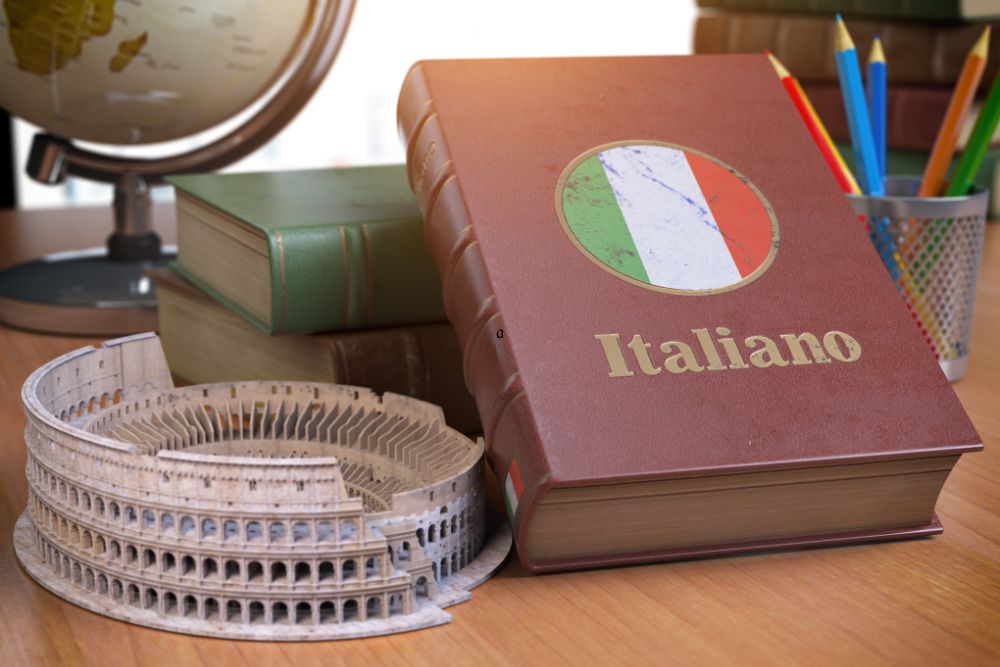Italian, a melodious language, has won hearts around the world. But to express oneself correctly, it’s not enough to have a good grammatical command; it’s essential to have a clear understanding of Italian pronunciation.
A correct articulation of words allows for fluid and authentic communication, enhancing the intrinsic musicality of the Italian language.
Italian pronunciation rules
Italian, derived from the Latin alphabet, is known for its melodic and phonetic clarity. However, for those new to this language, some pronunciation rules may not seem immediately intuitive. These rules are based on a solid structure that includes both vowels and consonants.
Vowels are the beating heart of the Italian language. They give tone, rhythm, and melody to words. In Italian, unlike other languages, vowels have a very clear and distinctive pronunciation.
Pronunciation of Italian vowels
The vowels in Italian hold special significance. Five in total – a, e, i, o, u – they are the foundation of every word.
Their pronunciation can vary depending on their position in the word and regional accent, but they retain a clear and open characteristic typical of the Italian language.
Italian consonants: pronunciation and rules
The consonants, on the other hand, can sometimes cause confusion, especially for those approaching the language for the first time. For instance, the “c” and the “g” change pronunciation depending on the following vowel, creating different sound combinations.
Test your level of Italian
Guide to Italian pronunciation
Pronouncing correctly is not just a matter of rules, but also of “feeling” the language. The tonic accent, or the force with which a syllable is pronounced compared to others in a word, can completely change the meaning of a word. For example, ‘ancora’ can mean an object to stop a boat or “again” depending on where the accent falls.
Pronunciation of foreign words in Italian
With globalization, Italian has welcomed many foreign words, especially from English. While retaining their original form, their pronunciation often undergoes an “Italianization”.
Learning the pronunciation of Italian words
To solidify one’s pronunciation, it’s good to undergo specific exercises. These can range from the simplest, like repeating individual words, to the more complex, such as reading aloud or listening and reproducing sentences.
There are specific dictionaries that, in addition to providing the meaning of words, also indicate the correct pronunciation through phonetic symbols. They are valuable tools for those wishing to refine their ability to express themselves in Italian.
Italian pronunciation lessons
Self-learning has its advantages, but attending courses based on your Italian level can make a difference. Having a teacher to correct real-time mistakes and imperfections can greatly accelerate the learning process.
Pronunciation lessons, whether individual or group, represent an opportunity for comparison and growth. SpazioLingua is a school in the heart of Milan that offers courses for learning the Italian language. From beginner to expert, every student can find the path suitable for them, benefiting from personalized and high-quality services.







